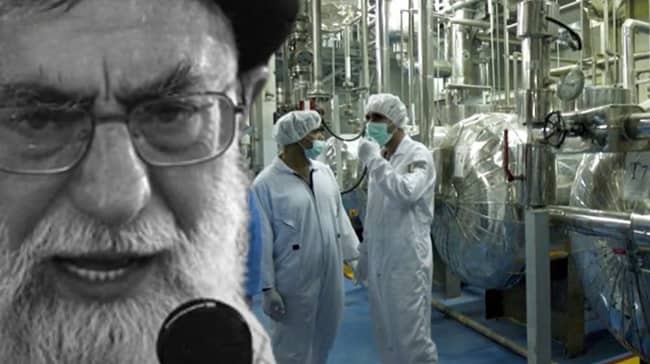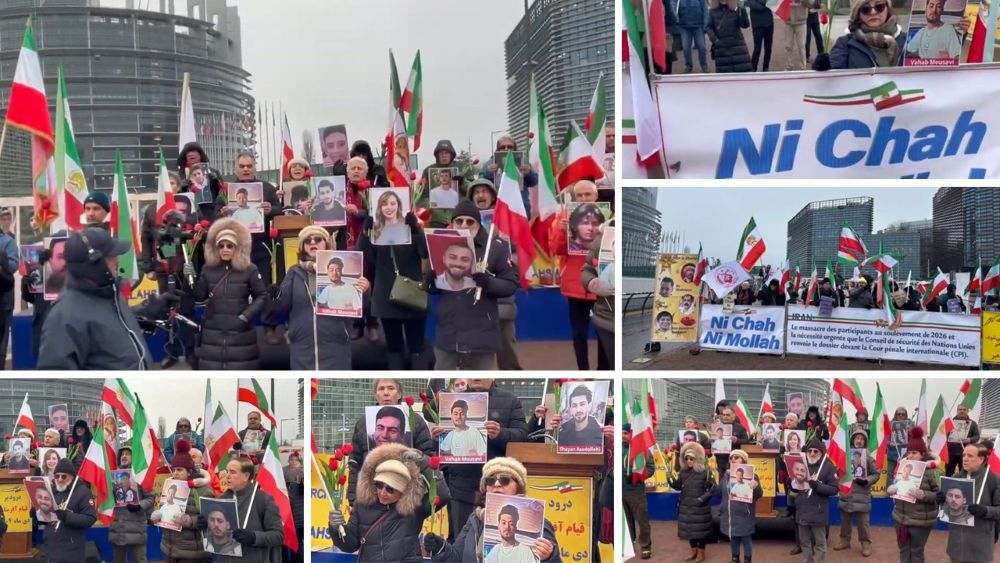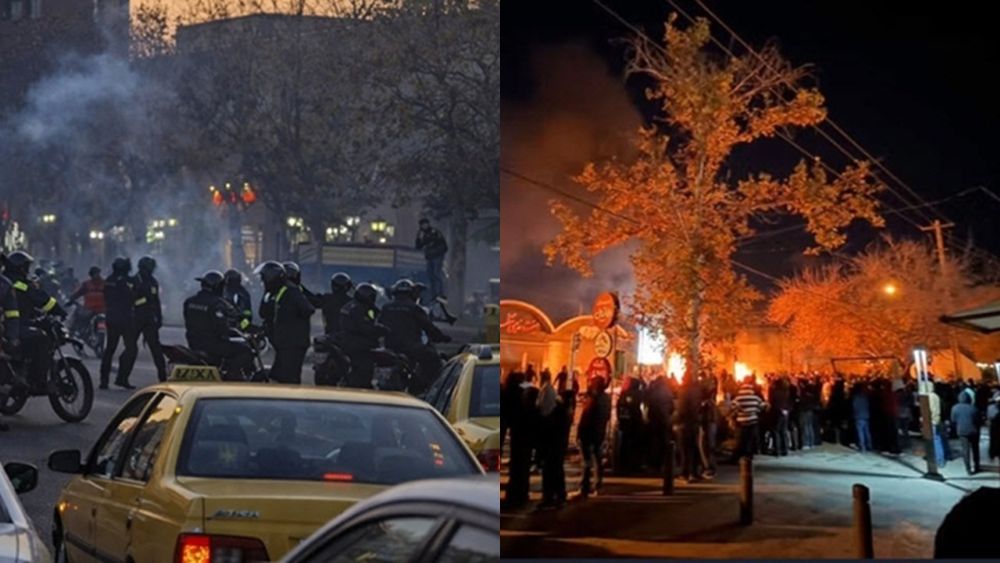As reported by the National Council of Resistance of Iran (NCRI), Ebrahim Raisi, the Iranian regime’s new president, spoke at a parliamentary hearing last Saturday, August 21, to discuss his selections for members in his cabinet. In regards to the role that his prospective Oil Minister, Javad Owji would be taking up, Raisi encouraged that ‘there are a lot of possibilities and grounds for oil sales’.
The NCRI said, “Although Raisi met with Japan’s Foreign Minister on Sunday and urged the Japanese government to release up to three billion dollars in the regime’s assets that have been frozen in accordance with US sanctions, it is highly unlikely that Japan will defy those sanctions anytime soon.”
Many of the allies of the United States are reluctant to defy any of the sanctions placed upon Iran, especially as it is likely that the regime’s own policies and activities will only worsen with Raisi at the helm.
At the end of July, a week before Raisi was sworn into office, a Japanese oil tanker was struck in the Gulf of Oman, by a drone laden with explosives. The drone was later found to be the property of the regime. This incident was reminiscent of an earlier incident in 2019, when another Japanese tanker had been targeted by the regime’s mines.
The NCRI said, “The more recent attack taking place ahead of a Japanese visit with the Raisi’s administration shows that the standing threat to international shipping is actually intended to intimidate governments like that of Japan into appeasing the Iranian regime with sanctions relief or other concessions.”
The regime is continuing to sell oil, despite the restrictions laid upon them, in complete defiance of the sanctions that have been placed on them by the United States. As Saeed Khatibzadeh, the Foreign Ministry spokesperson for the regime, explained in his speech earlier this week at a weekly news conference, “We sell our oil and its products based on our decisions and the needs of our friends.”
Since 2018, the Iranian regime has been explicitly breaching its commitments to the nuclear deal that was formed three years prior. It seems that they will continue to evade the sanctions that have been placed upon them, in order for western governments to concede and pursue the failed appeasement policy.
The NCRI said, “In fact, the regime never really abided by its commitments under the nuclear deal. In January 2019, Ali Akbar Salehi, the head of the Atomic Energy Organization of Iran, acknowledged that the Arak heavy water facility remained fully operational even though the Joint Comprehensive Plan of Action (JCPOA) determined that its core was to be deactivated and filled with cement.”
Western leaders continue to hold negotiations with the regime, rather than trying to control the mullahs’ malign activities, which will only encourage them to continue defying the JCPOA restrictions.
The NCRI said, “Iran’s regime’s access to funds will only encourage the mullahs to further renege on their obligations. The western powers should adopt a firm policy that will curb the regime’s nuclear ambitions.”




